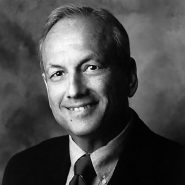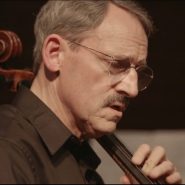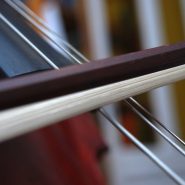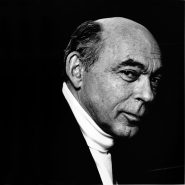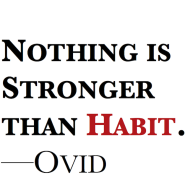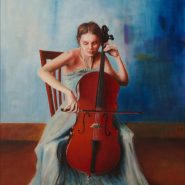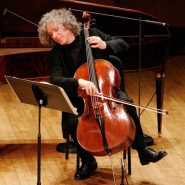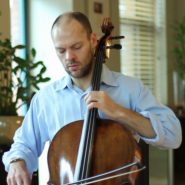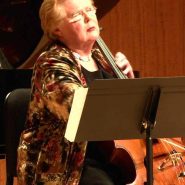Tag: tension
By Tim Janof September 13, 2021
By Tim Janof February 23, 2020
Subjects Interviews
By Stefanie Buller April 19, 2017
Subjects Playing Healthy, Technique
Tags Alexander Technique, bow, contact point, tension
By Selma Gokcen November 26, 2013
Subjects Playing Healthy
Tags accuracy, act, Alexander Technique, attention, Awareness, back, blog, cello, cello playing, cellobello, detect your intention, discovery, distress, effect, effect on cello playing, effortless quality, experiment, familiar, fingers, Gokcen, Habits, head to toe, holding, motion, neck, neuromuscular system, our surroundings, overdoing, pack up our habits, position of rest, Preparation, response, response to life, Selma, sitting, solution, standing, successful functioning in daily activities, support, tension, the preparation phase of movement, well-practiced
By Selma Gokcen March 11, 2013
Subjects Playing Healthy
Tags aiming for a goal, Alexander Technique, automatic, balancing the instrument, bow, breath flowing, cello, cello technique, cellobello, conceptions, evaluate, Experience, exploring our habits, framework for self-study, freedom, fundamental knowledge, Gokcen, inner composer, lasting value of Alexander Technique, left hand, movement, muscular tension, music, musical expression, nervous system, phrasing, physical pleasure of playing, place of silence, Preconceived ideas, pressure in the sound, psycho-physical, re-training of musicians, reactions, refining sensation and awareness, self-study, Selma, Six Part Series, subconscious patterns of learning, tension, thinking, Thinking in a new way, working with music
By Selma Gokcen March 4, 2013
Subjects Playing Healthy
By Selma Gokcen February 18, 2013
Subjects Playing Healthy
Tags Alexander Technique, associations, balance, bowing, calm breathing, cello, cellobello, contraction, engage in conversation, exploration, Gokcen, Habits, head-neck-back relationship, ischial tuberosities, natural, natural movement, negative associations, one-sided instrument, opposition, pelvic rocker bones, positive associations, posture, power, practicing, quiet practice, receive the cello, relationships, rotation of the spine, Selma, shifting weight, simple activities, sitting, Six Part Series, Spine, tension, tension in shoulders and back, thinking in new ways, torso, understanding, value
By Wayne Burak January 21, 2013
Subjects Instrument Care
Tags accessories, attention, bow, bow grip, bow rehair, Brazilwood, Burak, cello, cello bow, cello cases, cello strings, cellobello, computer back up, computers, fresh bow rehair, frog, frog position, humidity, instrument cases, latches, music, New Year's resolutions, organization, organization of sheet music, pearl eye, pernambuco, rock stops, rosin, sheet music, strings, tension, warp, Wayne
By Selma Gokcen November 5, 2012
Subjects Playing Healthy, Practicing
By Selma Gokcen February 12, 2012
Subjects Playing Healthy
Tags Alexander Technique, Awareness, body, cello, cellobello, Gokcen, healthy playing, lessons, Mind, movement, nature, Preparation, progress, repetition, Selma, sensations, Sensory, tension
By Brant Taylor July 19, 2011
Subjects Practicing
Tags aspirations, Awareness, bow speed, Brant, cello, cellobello, character, concentration, concepts, contact point, creativity, details, effortless, exploration, finesse, fundamentals, harmony, ideas, Janos, legato, lessons, Listening, musical, Philosophy, release, skills, small details, solutions, Starker, Taylor, tension, vibrato, weight
By Bonnie Hampton May 23, 2011
Subjects Artistic Vision
Tags Bonnie, bow speed, cello, cellobello, clarity, concert halls, expression, Habits, Hampton, imagination, individual voice, individuality, muscles, musicians, overtones, patience, performance, Sound, support, Teaching, tension, tone, vibrato
